Max Littman, LCSW
July 8, 2025
Those of you who know me and my work know how deeply I believe in the Internal Family Systems model, not just as a modality, but as a spiritual practice. It’s reshaped my life, my relationships, the way I see and respond to myself, and my work with clients in ways that feel compassionate, authentic, life-affirming, and lasting. I’ve been lucky to be trained in it, assist in trainings, teach, write, and consult around it, be in IFS therapy, and be part of a community of people doing this work with depth and care.
And—
There’s something I’ve been sitting with for a while now; something I imagine many of us have felt, but that often goes unnamed.
IFS trainings and retreats are, by and large, inaccessible.
I don’t think that’s a controversial statement, but it can be an uncomfortable one to name and hear, especially for those of us who are welcomed into these spaces, can access them easily, benefit from them, and go on to lead others through them.
The Cost
Tuition for a Level 1 is often over $4,000. Add travel, accommodations, and time off work, especially for retreat-based formats that span days or weeks, and the cost becomes out of reach for many. While the IFS Institute has added identity-specific cohorts, including those for BIPOC and global majority participants, and while some outside organizations offer sliding scale options, these are still limited, unevenly applied, and not always easy to access. And the application processes can sometimes feel like their own kind of performance—requiring people to articulate need, explain identity, or detail lived experience in ways that can feel performative or invalidating.
I’m not suggesting that trainers and staff are to blame for this. The trainers I’ve known bring tremendous presence, skill, and heart to the work. And the staff who support them carry enormous responsibility with little recognition. Trainings are complex to organize. Retreat centers cost money. These are not low-effort offerings. Trainers and staff deserve to be well compensated for what they do.
Some of our parts may suggest that the investments in these learning experiences are commensurate with their quality. I can understand that. They are not entirely wrong. Though there is more to it.
Cost and quality are not opposites. Accessibility is not necessarily a threat to integrity. And staying with complexity, really staying with it, is part of what this model asks of us.
Separate from trainings, IFS therapy is often priced at a premium, and I say this as someone who charges that premium myself. Like many others, I pass down the cost of ongoing training and consultation to my clients in order to offset what I’ve spent on professional development. But this creates a cycle: the model becomes more expensive, so fewer people can access it, and it remains concentrated in the hands of the well-resourced. What might happen if those of us with certification or positional privilege partnered with local practitioners already embedded in underserved communities—not to parachute in and deliver IFS, but to collaborate, share tools, and help others build fluency in the model from within the communities they already serve?
More Than Money
All that said, this isn’t just about money.
It’s also about cultural tone.
It’s about how safety is defined and expressed in training spaces.
It’s about who feels at home in the language, pacing, and social dynamics of these rooms.
It’s about what kinds of grief, rage, joy, or silence are welcomed and what kinds are subtly pathologized.
Some of this is beginning to be addressed by affinity groups in trainings and, as senior lead trainer Pam Krause refers to it, the widening of the lens.
However, when we fail to examine these structural dynamics, we reinforce many of the burdens we’re trying to help people release. And if we don’t name it or address it, the current of white supremacy culture will continue to sweep us, our gifts, and our connection to each other away.
The Values
So, with love, I’m naming it here:
There’s a considerable distance between the values of the IFS model and the systems in which it’s being taught.
When we don’t slow down to notice and talk about that, it’s not just unfortunate, it’s misattuned, it damages relationships, ruptures containers of safety, and constricts the boundaries of our safe container.
The IFS model invites us to trust that every part is well-intentioned, that healing comes from being in relationship, and that Self energy is innate and available to all of us. And yet, the structure of most IFS trainings makes it much easier to access that healing if you already have money, time, licensure, and proximity to the existing professional and cultural norms that define legitimacy in our field.
Naming My Place in the System
I want to speak to the discomfort I mentioned earlier, my own included.
I am a white, cisgender, male, neurotypical, financially stable, highly educated, able bodied, English speaking, licensed therapist living in the Bay Area. I’ve worked as a practice assistant in Level 1 and Somatic IFS trainings. I’ve participated in multiple retreats. I’ve built a private practice around IFS and have access to consultation groups, trainings, peer networks, and other resources that many therapists and healing professionals do not. I name this because it is important to acknowledge who gets excluded and who is speaking about it.
I know I have parts who like how things are, who are grateful for what they’ve received, and who don’t want to mess with the flow of the status quo.
My hyper-liberal critic works against that grain. It is sharp, articulate, and justice-oriented. This part has been paying close attention since it caught onto systemic inequities in my teens. It hates the systems we live in. It’s often right, or at least, deeply informed and well-intentioned. But it can also be reactive. It can steamroll other parts of me, or the people I’m in relationship with. When it takes over, it can subtly reinforce some of the very dynamics it wants to dismantle: urgency, optics over embodiment, exclusion, and the need to prove moral clarity.
All of that is in the room as I write this. I’m not trying to resolve it. By naming it my hope is to recognize the impact it can have on others.
Questions and Longings
I’m not writing this with a list of fixes. I don’t have a master plan. But I do have questions. And longings.
If you’re someone reading this who, like me, comes from a place of relative privilege, whether financially, professionally, racially, or otherwise, I’d invite you to notice what’s happening inside as you take this in. Are there parts that feel defensive? Ashamed? Overwhelmed? Dismissive? Maybe parts that want to fix it right away, or others that want to push it aside because it feels too much. All of that makes sense. And it’s worth gently exploring what burdens might be underneath, cultural and personal. What fears, narratives, or inherited beliefs might be carried by the parts of us who’ve adapted to a system that centers comfort, individualism, and status, even when it subtly costs others their access to care? These parts aren’t bad. They’re protecting something. But when we don’t slow down to be with them, their strategies quietly perpetuate the very systems we say we want to change.
If you’re someone reading this who’s been on the outside of these rooms—because of money, identity, geography, ableism, racism, or any number of barriers—I want to invite: what’s happening inside as you take this in? Are there parts of you that feel skeptical? Protective? Relieved to hear it named? Tired of hearing it named without meaningful change? Are there parts that have stopped hoping, or that never felt like hoping was safe in the first place? Maybe there are parts that long to be welcomed in more fully, but wonder: Will I be met as I am? Will I have to overperform or overexplain just to be seen? Will this space really have room for me, or people like me?
What would it be like to listen to those parts without trying to fix them? To be curious about their burdens, their wisdom, their endurance? If this model speaks to you, what might it look like to claim your place in it—not by squeezing into someone else’s mold, but by shaping space around your needs, your pace, your way of knowing? These questions don’t have easy answers. But they matter. You matter. And the communities you come from matter too. My hope is that as we name what has been inaccessible, we also open up space for more belonging, more listening, and more shared authorship of where this work can go.
And more broadly, what would it look like to make more trainings truly accessible, not just financially, but structurally and relationally? What would it mean to center lived experience, not just credentials? To decenter urgency, polish, and professionalism as the markers of readiness? To treat accessibility not as a DEI add-on, but as part of the model?
How might we:
- Expand and normalize sliding scale pricing, not just for a few but across the board?
- Host trainings in local, community-centered spaces instead of only remote retreats?
- Welcome non-licensed healing professionals into the room with equal respect?
- Offer modular formats that don’t require multiple days away from life?
- Be transparent about how applications and scholarships are evaluated?
- Resource affinity cohorts in ways that don’t rely on the unpaid labor of BIPOC professionals?
- Take inspiration from EMDRIA and EMDR by allowing approved trainers to offer trainings outside the central institute structure?
I wonder, too, about the possibilities for certified IFS therapists, approved consultants, and even lead or assistant trainers with IFSI to bring this work more directly into communities, especially those already being served by licensed therapists and para-professionals with marginalized identities or limited financial resources. And I also wonder about IFSI contributing funds or offering sliding scale for these types of programs. There are so many healing professionals doing powerful, community-rooted work in places where traditional therapy, and especially specialized models like IFS, are financially and logistically out of reach.
Possibilities and What Is Already Happening
I also want to acknowledge that some of this kind of work is likely already happening—quietly, relationally, and without fanfare. There are probably certified IFS therapists, consultants, and trainers who are already finding creative ways to bring the model into underserved communities, to share it with healers who might not otherwise access it, and to do so with humility and care. If that’s you, I’d love to hear from you. Truly. Send me a message. I want to know what you’re doing, learn from it, and if you’re open to it, share it with others. My hope is that seeing this kind of work happening might inspire more of it from a shared desire to make healing more reachable, more mutual, and more real.
I don’t think this is about tearing anything down. I think it’s about unburdening the system—our system, this community’s system—from the parts of it that are still operating out of scarcity, hierarchy, inertia, and other white supremacist influences. There is a calling for this transformation, all we need to do is listen.
I’m not saying all of this from a place of certainty. I have parts that still want to stay comfortable. Parts that worry I’m being too much. Parts that want to say the right thing. But underneath all of that is something steadier. A felt sense of alignment. A hope that we can keep evolving—together, honestly, and with care. Especially when it is hard.
For feedback and comments, I can be reached at max@maxlittman.com.
I provide private practice mentorship, consultation, and therapist/practitioner part intensives.
